22 Aug To know Russia…Why so military oriented?
Born with boots on
military duty for men in Russia is a “MUST”!?
After knowing the history of countless disputes — between the Grand Duchy of Moscow and Mongol Empire; then Russian kingdom and Ottoman Empire, and Polska Kingdom, and Poland-Lithuanian commonwealth, and Swedish Empire; the Russian Empire and Persian crown, and British crown, French Republic/Empire, and Prussian Empire, and Austro Hungarian Empire, and…ouch got too far with it — bore someone off, already? But, scuzi, there is more to say.
So far looking back in the history Russia kept on strong military presence except, er a kinda a big mess in the 90s: military funds were thrown to тартарары (“tartarary” rus. for “hell” or “limbo”), lowering and discrediting all-in-total army men and army deeds in the past.
This was probably — well, most likely — caused by 10 years of war in Afghan (1979-1989), just before the USSR collapse (1991), the military operation that brought so much of confusion regarding almost everything, especially, for the returned solders — wounded and mentally shuttered — were sloppily welcomed back, none or barely earning any recall and bonuses, whether financial or symbolical. Those shuravi*, simply assumed to be the unlucky ones who had to be sent there, in epicentre of Afghani’s deserts, to serve their country.
Not bragging but still, what is written here is not guessed or learned by paper (research digging) but heard from Russian/Soviet people that I talked to, including my dad who lived through that time.
Hey if need more on Soviet-Afghan War (from Russian side of a story, decent historical source). Yeah in Russian, indeed, Google translate helps — it does its job 😀
or here
Shuravi* — the nickname to Soviet solders for Afghanis.
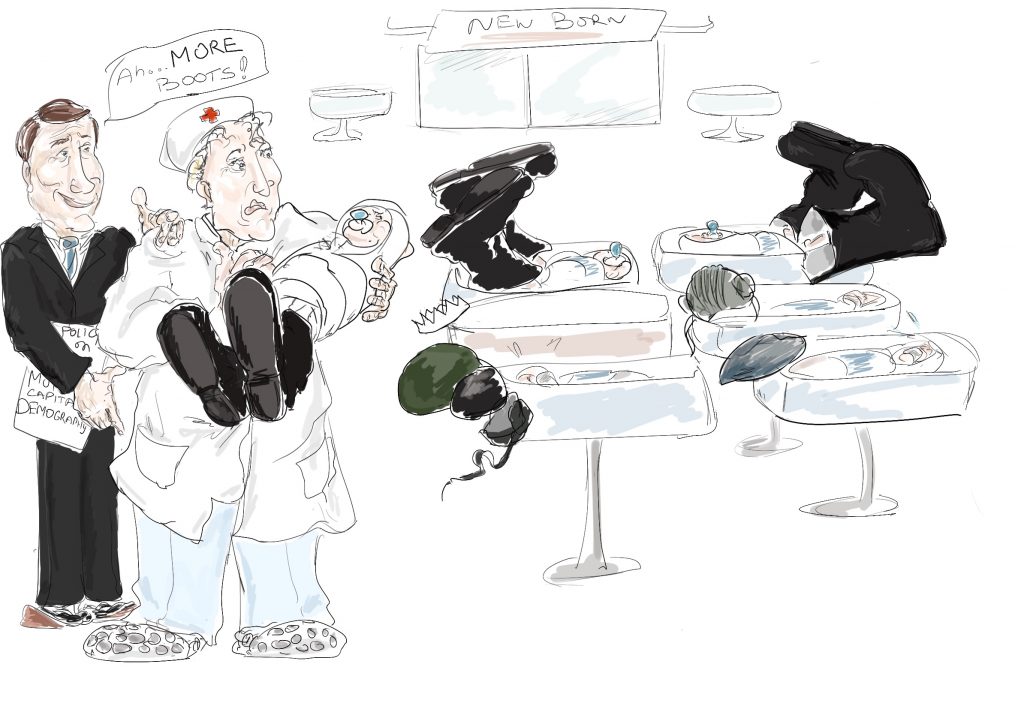
“was born with the boots on” huh yeah, if it would be like that…
Moments of doubt: "WHY... WHAT for?...for F*ck Sake!"
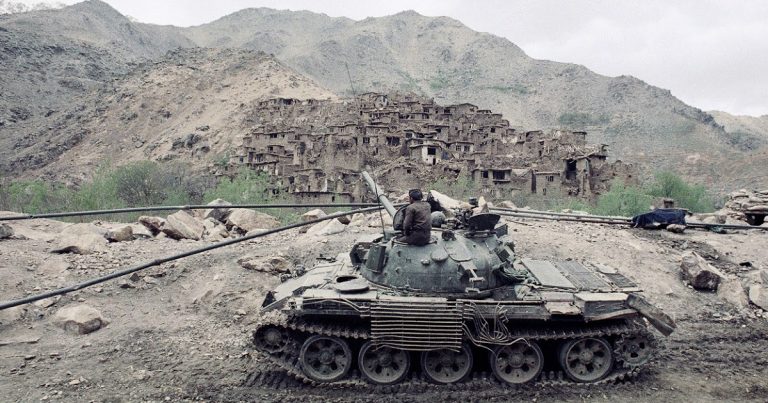

Rookie young men who had if any experience in military operation were stunned by the clueless mounty landscape, where they were throwing their lives like in some foolish game with only one try — one given life. And for… well, that was the question — for what exactly?
Returning home, if managed to survive, — many of them — actually ended up living on the streets, totally neglected. Many just couldn’t get back to normal life; sensing ignorance towards them, the apathy towards what was important (at least for them before), looking at themselves as the fifth weal, who came back from hell, saw so much of gruesome life-twisting stuff that could not be understood by normal “lucky” folks who silently fear them now. Its pity how this perception snowballed by misunderstanding. People stayed away from those traumatised post-war fellas only because they guessed those men are too sensitive or too quick-tempered to anything positive related to civil life — civilians looked like rookies that never seen the real world. That exact world that played with ’em in Afghanistan; The surviving place that never forgives, dare your mind and physical guts, push your limits (humane and inhumane deeds). Normal folks thought that those solders look at them as complete opposite to ’em : innocent naive kids that deal with nonsense matters, silly and never suffered a bit of what they had to go through. Stereotype was easily made by dwellers — “they[post-afghan-war solders] hated everyone and everything for being put in that wrath Afghan desert. And this kicks this “keep-out” attitude in masses towards those solders, who were seen as unstable and not same people as they were before.
I would say this ‘no-bother’ treat of returned solders, loyal-to-the-oath warriors, had laid the main point for this anti-patriotic response to the military presence in the country; military policies, serving terms&conditions, recruitment system, retirement benefits — the centre of a focus for rebellious motives.
At that time (roughly the decade before 2000 and bit after) many men wanted to keep out of military services by any mean, even if it would make them as draft dodgers or cost ’em a fortune to evade and leave the country for good. Army’s reputation wether it was about the ruthless military commanders, or government inefficiency, or bullying in the army, all at once drew that repulsive image to an army as an institution for unlucky ones, excluded from other places, and had no other chance but put the military boots on.
Basically, all the army related jobs were thrown to the bin as smth past related no longer needed; Shutting down military schools and academies, cadet corps, factories and duly reducing state defence orders. Yeah it was back then, this time you wont see that in Russia, those “hateful” entities are flourishing now.
Return Rebrand... -- Restart
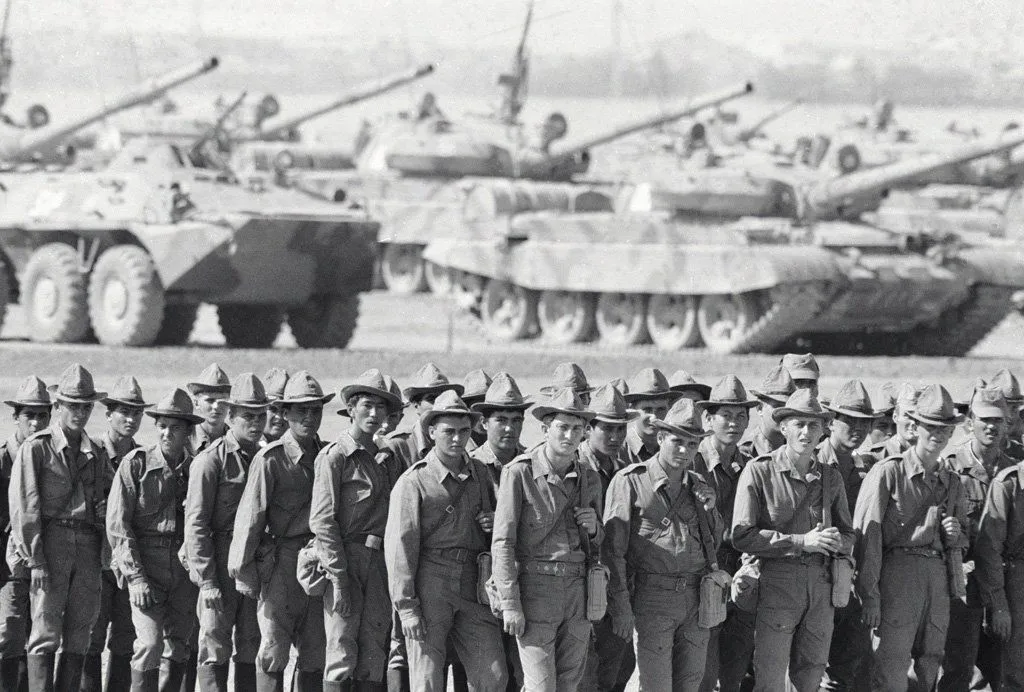
Return
Within the past decade alone, somewhere after the first half of 2000s, government worked its way to return that positive image of the military forces. Bringing back the matter of honour, faith, brotherhood, and true masculinity that was always counted on in Russian army; changed military policies, ceasing any state related debts, raising salaries and further job prospects in the government. Bonuses and rewards did the job.
Rebrand
Young guys started to see many opportunities if deciding to be zipped in camouflage: social and financial care was provided during and after their serving term, and plus that chance to posses highly new-generation defence weapons to make them feel like a top dog.
For 2024th year, with the military special operation in Ukraine, or so-called “the war in Ukraine”, more and more boys , teenagers, young adults in Russia keep coming-in to military academies, therefore the rivalry to proceed the career in military is rising and rising… (when to put in numbers it would be like: in 2020 – recruiting about 4 out of 10 …in 2024 about 7 out of 10)
Restart
Military industry is now the top priority in the country, opening up old and new factories for defence orders, increasing salaries for all military related profession, and so, lucky them — it’s their PRIME time now
Such a big country is destined to be pulled into new wars — directly and indirectly — fighting for their alliances, competing with other big economic powers…. And so it goes on.
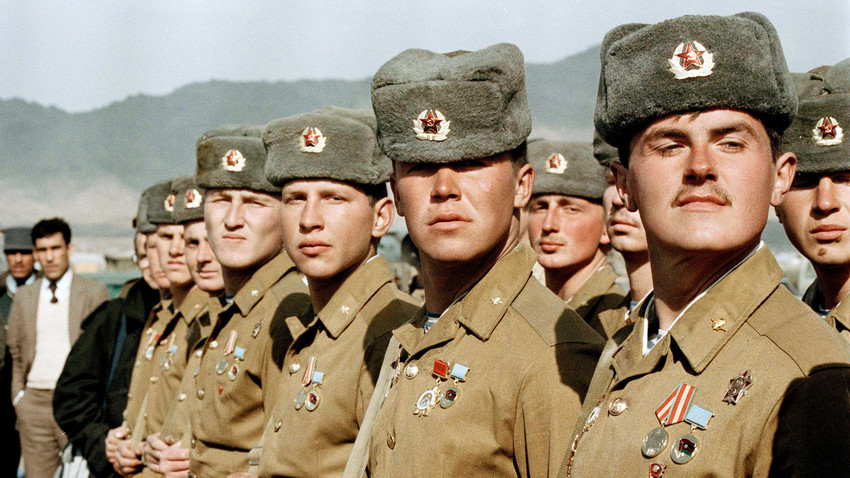
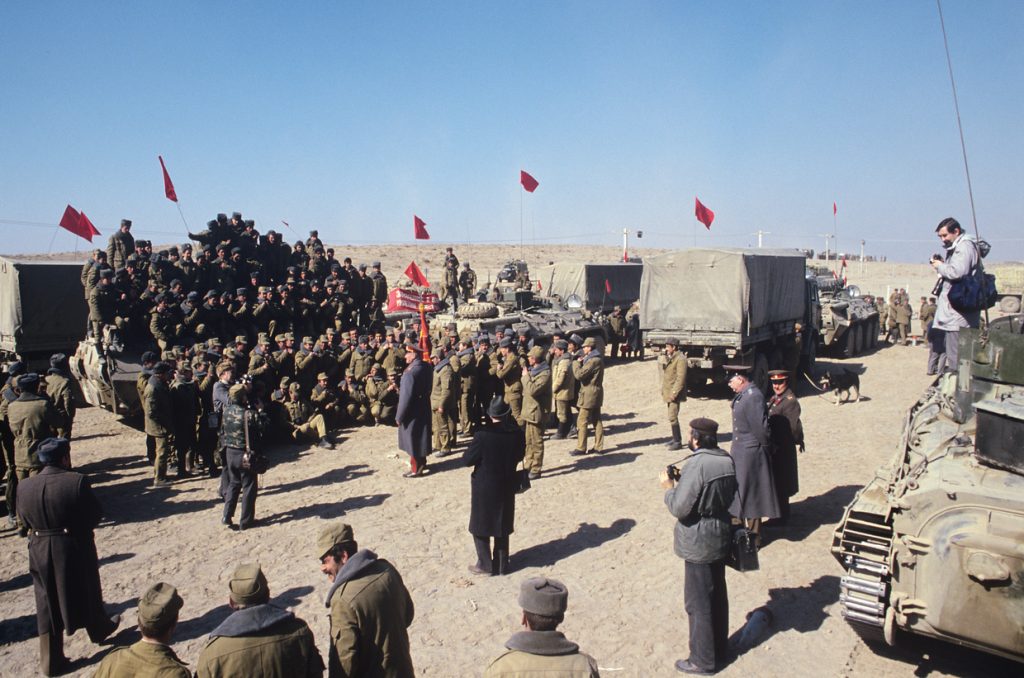
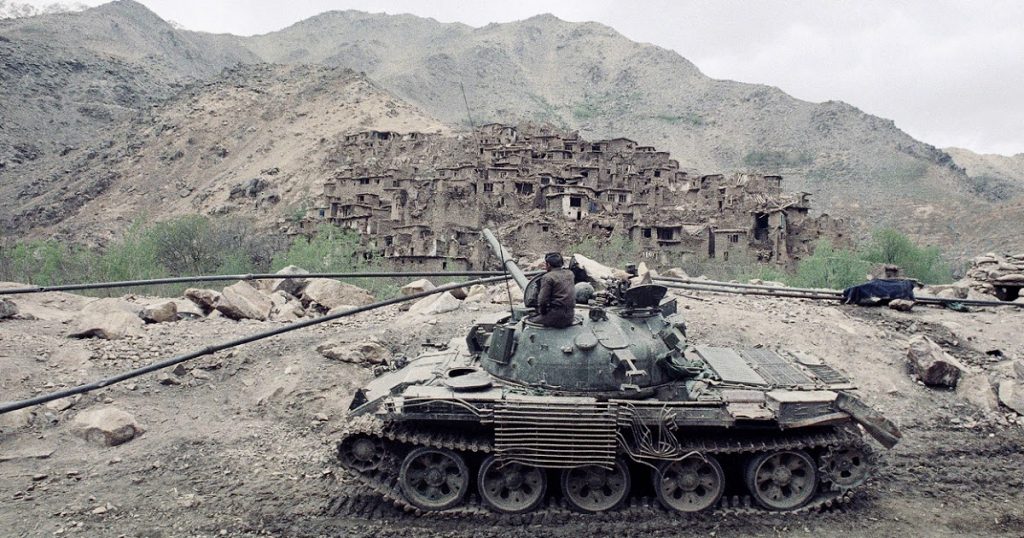
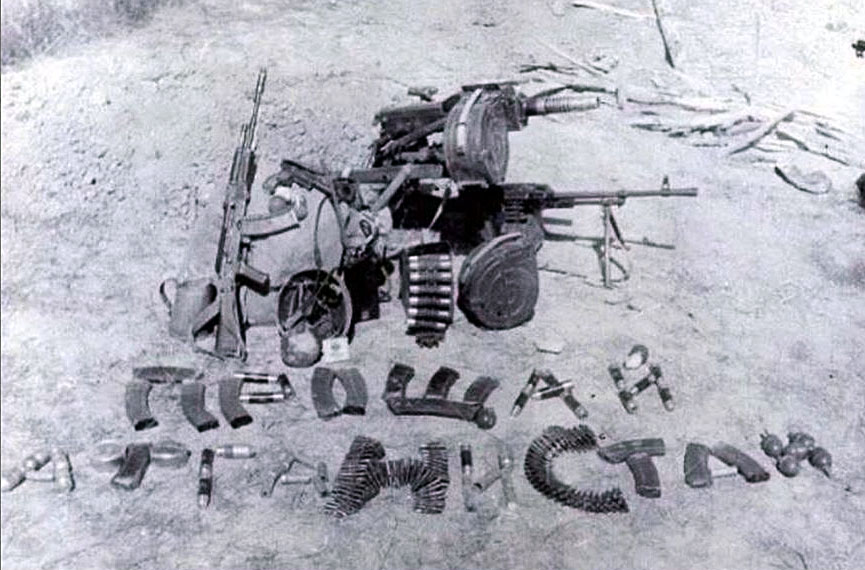







Sorteios de loteria
Posted at 14:39h, 08 AugustNormalmente eu não leio artigos em blogs, mas gostaria de dizer que este artigo me obrigou muito a dar uma olhada e fazê-lo. Seu estilo de escrita me surpreendeu. Obrigado, artigo muito bom
Blue Techker
Posted at 08:31h, 22 OctoberBlue Techker Great information shared.. really enjoyed reading this post thank you author for sharing this post .. appreciated